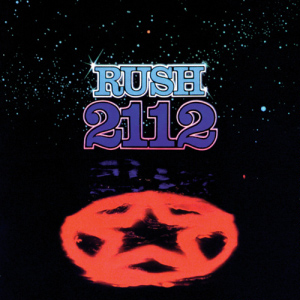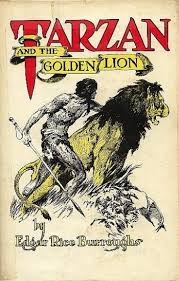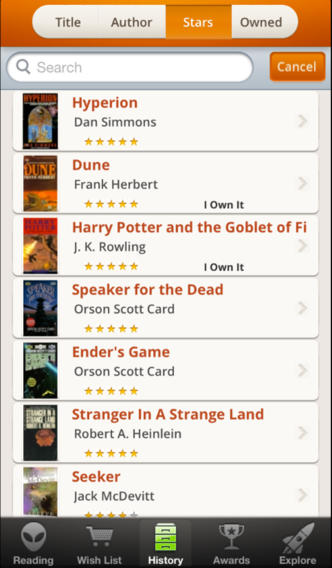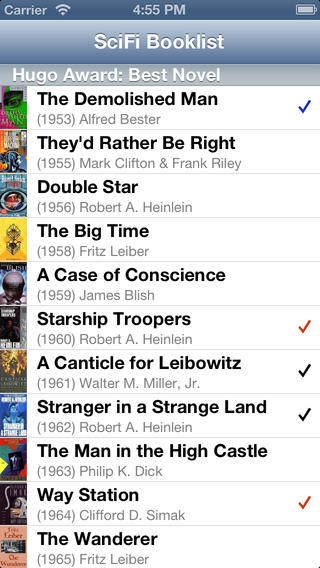I've always loved songs inspired or about Tolkien's Middle-earth, and there's more out there than you can shake a staff at. Most of you have probably heard one or two by Zeppelin whether or not you realize what it’s about, a few may have heard Rush's, but how many can name that Middle-earth ode penned and performed by Joe Walsh? Well, I’m going to save that for another post (or four or five or an on-going series). What I thought I’d tackle here are four works completely devoted to Tolkien from start to finish. Yeah, I know I’m leaving out some, and yeah, I probably don’t know about some. Let me, therefore, go ahead and encourage you to post, fuss, and discuss all about those in the comments below. What I present to you are four very interesting and very diverse works (in no particular order).
Bob Catley’s Middle Earth
Bob Catley is most well-known as the front man to the melodic metal band Magnum. Magnum released a slew of album’s in the seventies and eighties with the typical English flirtation with fantasy and science fiction themes. In the late nineties, Catley released a series of solo albums and marked 2000 with the release of Middle Earth. The album – and yes, I’m showing my age but that’s what I still call them – was written and produced by Gary Hughes, front man of Ten. It’s original title was Lord of the Rings, and that pretty much sums it up. It begins with Frodo’s flight from the Shire and ends with his return. This album remains one of my favorite Tolkien-inspired pieces. The music is melodic and powerful and echo the story as envisioned by Hughes. Catley’s voice hasn’t changed too much from the Magnum days and here it’s as strong and reliable as ever.
Recommended Tracks: “City Walls” and “The End of Summer (Galadriel’s Theme).”
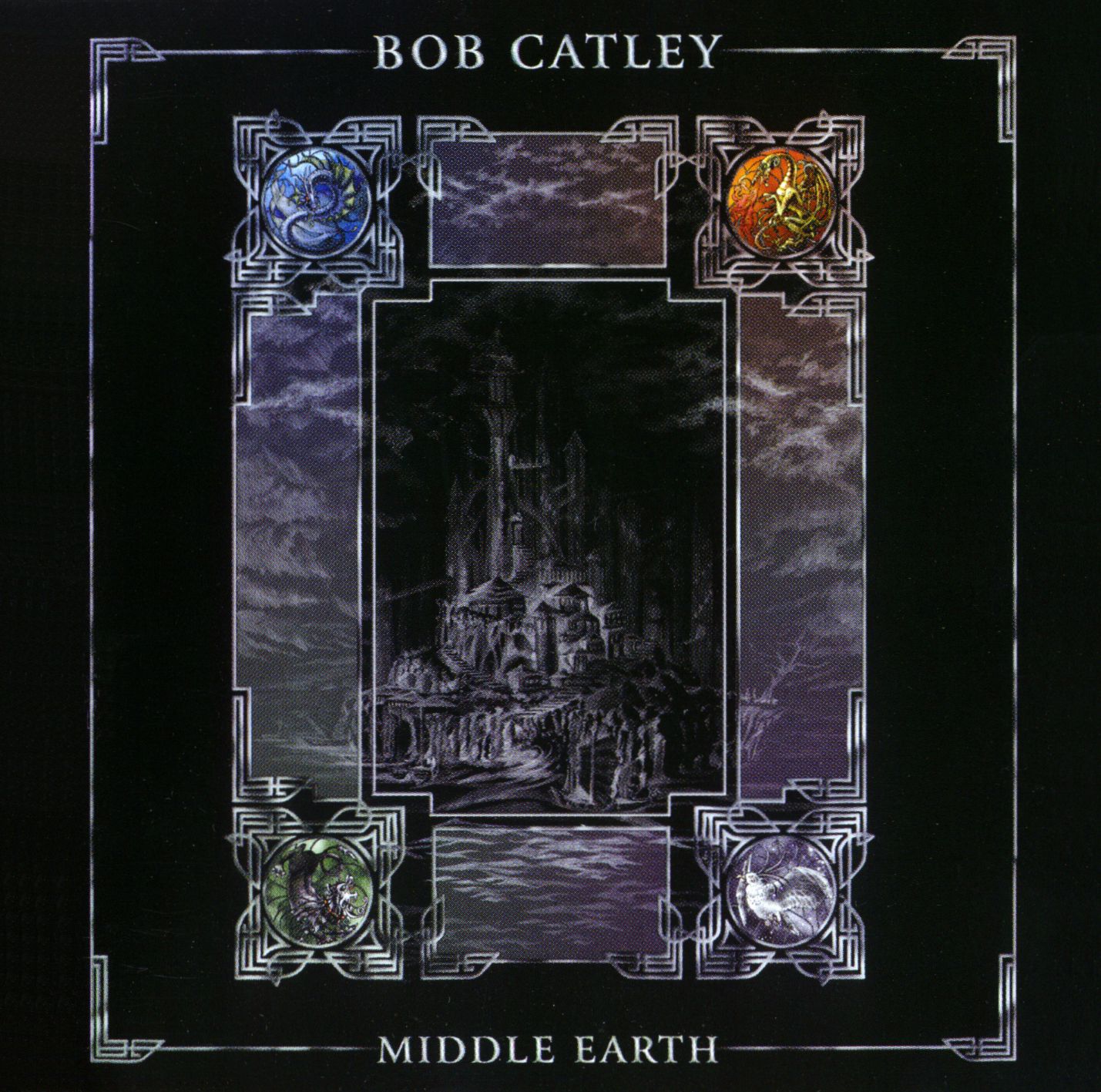 Click the picture to hear "City Walls."
Click the picture to hear "City Walls."
Bo Hansson’s Music Inspired by Lord of the Rings
Hansson is a Swedish instrumentalist who is most well-known for a series of progressive albums in the seventies, the first of which being Music Inspired by Lord of the Rings. Each track is composed around a scene in the novel. The music, dominated by the Hammond Organ, captures the themes of those scenes quite nicely if, and I stress if, you tend to like psychedelic-tinged progressive instrumentals. I get the urge to listen to this one from time to time (and his Music Inspired by Watership Down), but to this day, my good buddy Craig claims the worst headache he ever had in his life occurred while listening to this album while we were driving home from college.
Recommended Tracks: “The Horns of Rohan & the Battle of the Pelennor Fields” and “The Black Riders.”
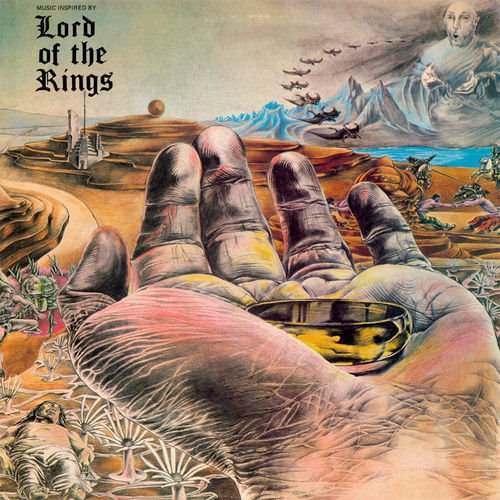 Click the picture to hear "The Black Riders."
Click the picture to hear "The Black Riders."
Blind Guardian’s Nightfall in Middle-Earth
Blind Guardian are a German speed/power metal band that rose to fame in the early nineties. They touched on Tolkien in a song or two previously, but it was their sixth album that made Tolkien fans rejoice. (The ones who are appreciated speed metal anyway.) 1998 saw the release of Night Fall in Middle-Earth. Not only was the entire album inspired by Tolkien, but it’s entirely based upon The Silmarillion! From what I understand, this album was a bit more melodic than their previous works. The music is definitely powerful and fast at times, but always melodic.
Recommended Tracks: “Nightfall.”
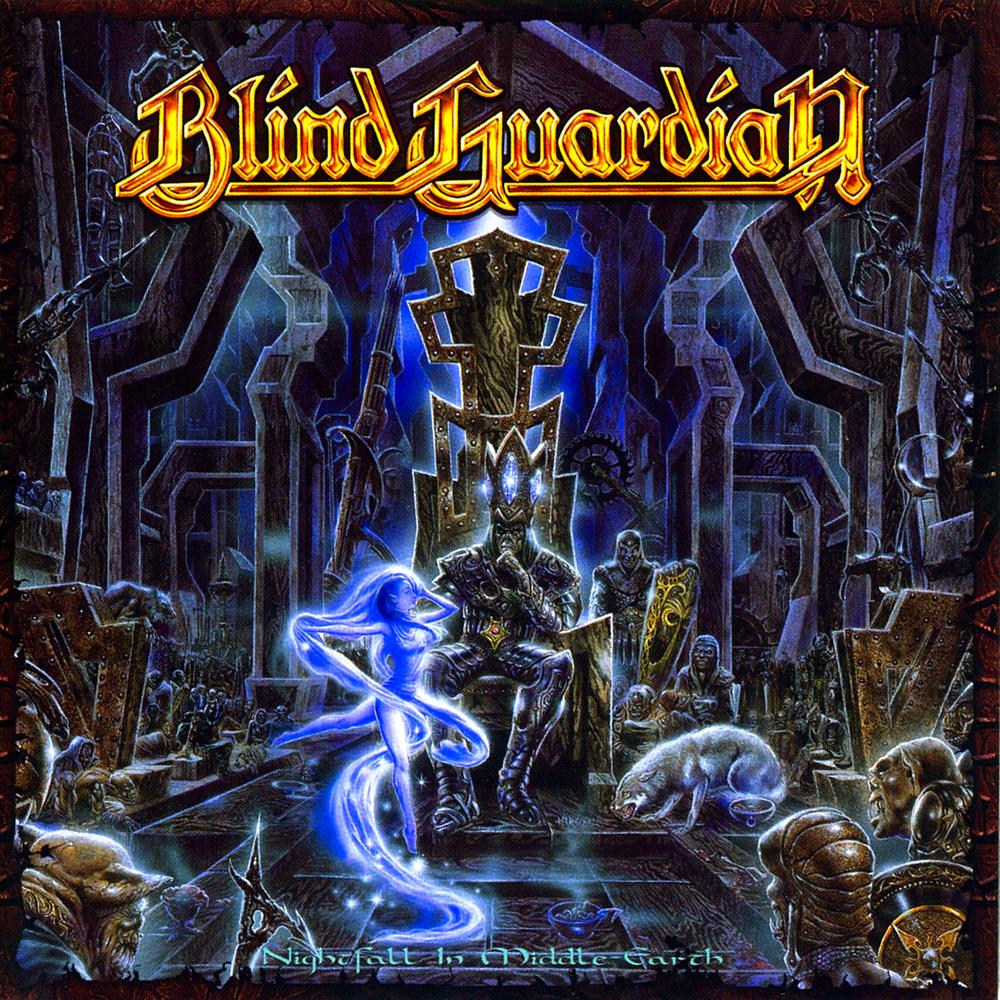 Click the picture to hear "Nightfall."
Click the picture to hear "Nightfall."
David Arkenstone’s Music Inspired by Middle Earth
With an name like Arkenstone you’d think this guy would have devoted his entire career to Tolkien, but sadly there’s only the one album I can find. This Grammy-nominated instrumentalist has had quite the varied career: he’s recorded oodles of new agey albums, world music, TV and sports themes, and music for World of Warcraft. I first encountered his work in the form of a couple of concept pieces that were collaborations with fantasist Mercedes Lackey. Overall, his music can be guaranteed to be melodic, moving, powerful – all three most times – and always enjoyable, but it was with this album that he won me over completely. This album is more like a musical score for the motion pictures. I can’t help but wonder if he tried for that coveted position and lost to Shore, or if this was simply a work of love. Whatever the case may be, this is undoubtedly my favorite Tolkien-inspired piece. It’s like listening to the official soundtracks, but because there were no restrictions about following the pace of a film, there’s no boring bits. Sadly, this is the hardest one to obtain now. It was hard enough to find back in 2001, but I’m pretty sure it’s out of print.
Recommended Tracks: the entire album.
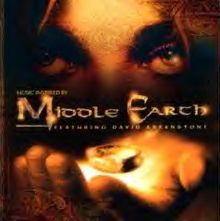 Click the picture to hear "The Quest."
Click the picture to hear "The Quest."
 Wednesday, October 16, 2013 at 01:31PM
Wednesday, October 16, 2013 at 01:31PM 

